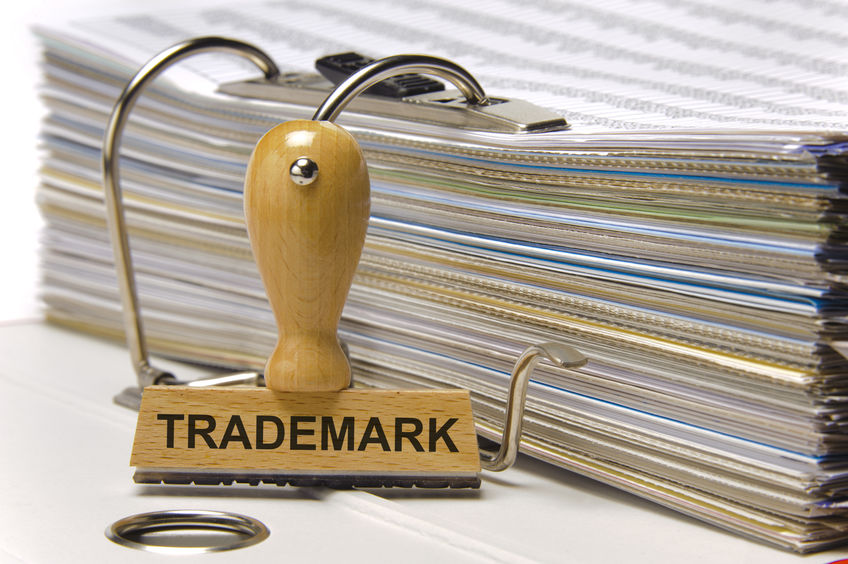A logo can be protected by both a copyright and a trademark. To understand the difference between the two forms of intellectual property protection, and why your logo may benefit from both, read on.
What is the Difference Between a Copyright and a Trademark?
Copyrighting is the process of protecting original works of authorship created in a fixed form. The United States Copyright Office grants copyright protection to “literary, dramatic, musical, artistic, and certain other intellectual works.” Copyright is identified by the © mark. A copyright may not always be enforced due to public interest considerations, such as fair use by educators, commentators, or comedians.
Trademarking is the process of protecting “words, names, symbols, sounds or colors that distinguish goods and services from those manufactured or sold by others and to indicate the source of the goods.” The U.S. Patent and Trademark Office grants trademarks. Registered trademarks are identified by the ® mark.
Copyright protects things that a business or individual produces; their creative intellectual designs. Trademark protects things that identify the products and differentiate them from competitors, such as a logo or slogan. However, some logos contain an artistic element that may need to be copyrighted. So, if your logo is a complex, original artistic creation, it may qualify for both trademark and copyright.
How do I Copyright a Logo? Why Should I Copyright a Logo?
A copyright notice is a notice that informs users of the creator’s claim of copyright ownership over a published work. The copyright notice contains three elements. First, the copyright symbol ©, or alternatively, the word “Copyright” or its abbreviation “Copr.” Second, the year of first publication of the copyrighted work. Third, identification of the owner of the copyright, either by name, abbreviation, or other designation by which they are generally known. For example, for a work first published in 2020 by Mr. Miami, the copyright notice would be: © 2020 Mr. Miami.
Copyright notice is no longer legally required for works published on or after 3/1/1989, but the notice still provides legal benefits. The creation of a work automatically establishes the creator’s copyright under common law (™). A copyright infringer cannot claim innocent infringement if he had access to a copy of the work with a copyright notice.
Although you have common law copyright protection automatically upon creating a work, an official copyright must be granted by The U.S. Copyright Office if you want to pursue an infringement claim in court. You must be able to prove that you were the original creator; therefore, it makes sense to file for the copyright sooner rather than later.
How Do I Trademark a Logo? Why Should I Trademark a Logo?
As with copyrights, you might not register your trademark until you want to justify your ownership in court. But, registering your trademark with the relevant office, The U.S. Patent and Trademark Office, provides significant advantages over common law. A registered trademark owner can enforce the trademark across the U.S., sue for damages (including lost profits), and recover attorneys’ fees and other costs incurred. You may also register your trademark in a state to receive statutory remedies that may be harder to achieve under common law. Florida trademarks are less expensive and easier to apply for than a federal trademark. A Florida trademark, like any other state trademark, is superseded by any federal trademarks that may exist. EPGD’s business lawyers can conduct a thorough search to make sure your logo or business name doesn’t belong to anyone else and can help you with the application process.


